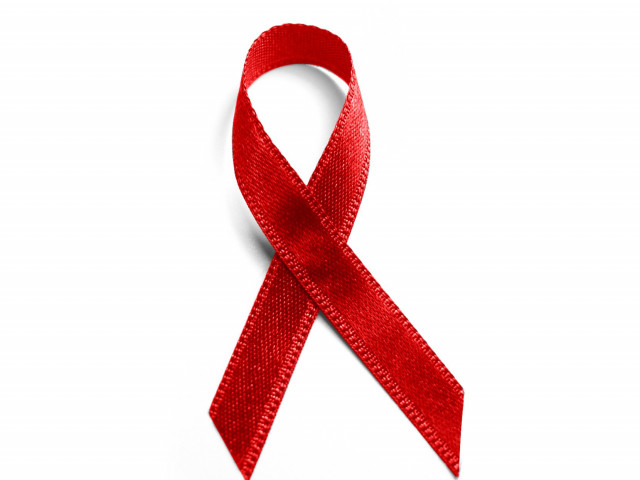‘Preventive measures need to be increased to stop the spread of HIV’
Lack of testing means that a majority of the cases go unreported.

The number of HIV and Aids patients in the country has been growing at a very alarming rate – according to Dr Saleem Azam, the president of an NGO called Pakistan Society, there were no cases of the disease among Karachi’s intravenous drug users in 1993 but the prevalence has now shot up to 42 per cent.
In order to combat the spread of the disease, the Sindh Aids Control Programme organised a two-day conference on HIV and Aids in which the national response to the illness was discussed and scientific as well as policy developments were shared with the audience. The additional secretary of the Sindh Health Department, Dr Suresh Kumar, was the chief guest of the inaugural session on Thursday. The two-day event also trained doctors and family physicians on sexually transmitted infections and spread awareness among religious scholars as well as other vulnerable groups.
Dr Qamar Abbas, the deputy manager of the programme and organiser of the conference, stressed the need for strengthening intervention strategies which aim to prevent the disease. He pointed out that there are 4,704 registered HIV-positive patients in Sindh, but the actual number may be as high as 45,000.
“The cases do not get reported due to the stigma and discrimination associated with the disease,” said Dr Munawar Khan, the behaviour change and communication coordinator of the programme.
Prof. Dr M Rafiq Khanani, the chairperson of Pathology at the Dow University of Health Sciences and director of Dow Diagnostic Reference and Research Lab, said that Sindh is worst-affected province in Pakistan and Karachi is the city worst hit by the disease.
“We cannot count the number of people suffering from HIV/Aids because of a lack of testing. The estimated number of HIV infections in Sindh is around 45,000 to 65,000,” he said. “About 250 people come to government facilities in Sindh for treatment. We do not know how many people are being treated by the private sector. But we do know that the number of HIV-positive results at private laboratories is increasing,” Dr Khanani added.
Dr Muhammad Suleman Otho, the monitoring and evaluation specialist at the Global Funds for Aids, Tuberculosis and Malaria, said that the prevalence of Aids in Pakistan is about 0.06 per cent and sexual intercourse is a major mode of transmission. He said that female sex workers are at high risk because of unprotected sex and illicit drug use. He added that it is important to encourage the use of preventive methods such as condoms among this group. According to the Gender and Reproductive Health Forum, there are about 21,000 female sex workers operating in and around 1,000 hotspots in Karachi.
Dr S Sarfaraz H Jafry, the project director and head of the thalassemia centre at Husaini Hematology Oncology Trust, said that a lack of care in transfusion can also result in the transmission of HIV to thalassemic patients. At present, there are about 1,440 registered thalassemia patients in the province, out of which five are reportedly infected with HIV. Dr Shobha Luxmi, a consultant at Liaquat National Hospital, talked the opportunistic infections associated with the disease, including candidiasis, pneumonia, meningitis, cytomegalovirus and herpes zoster.
Published in The Express Tribune, June 30th, 2012.


















COMMENTS
Comments are moderated and generally will be posted if they are on-topic and not abusive.
For more information, please see our Comments FAQ